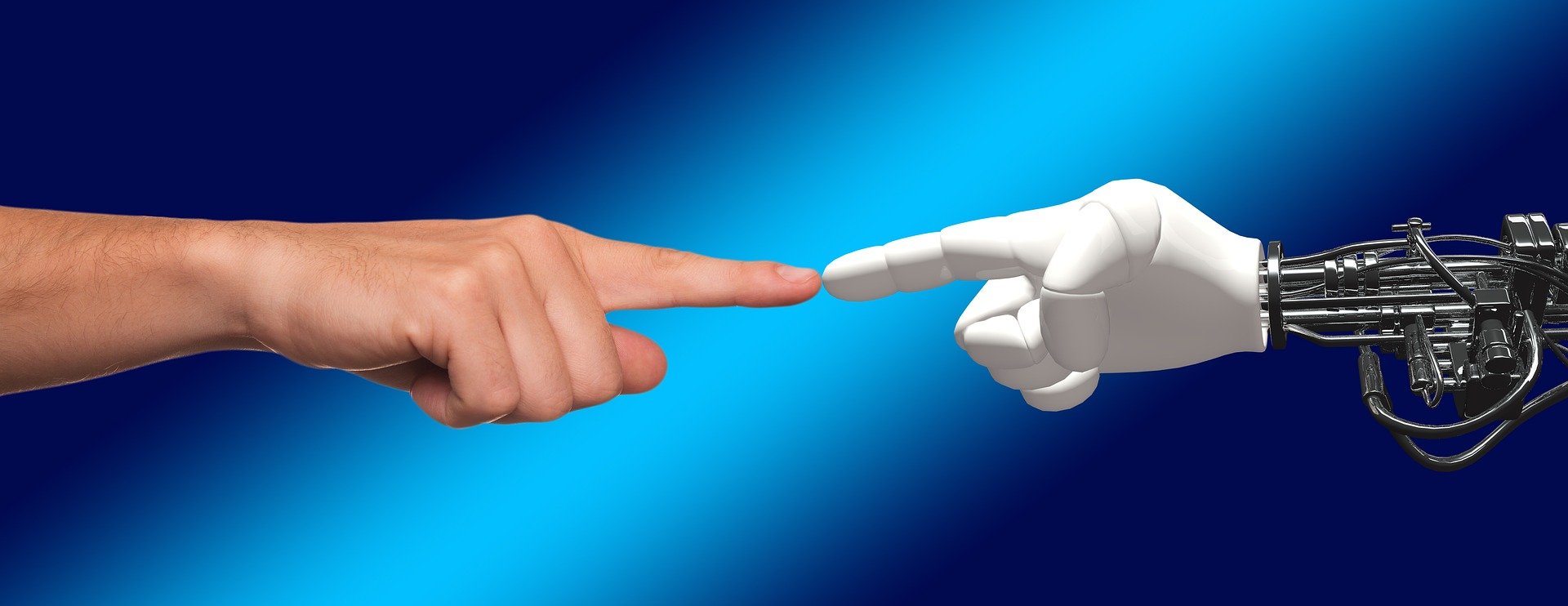According to Salesforce.com, 78% of businesses using AI for marketing say that it is essential for their customer engagement strategies.
In today’s fast-paced digital world, marketing is more than just creative ads & catchy slogans; it is about data, insights & personalization. This is where Artificial Intelligence (AI) steps in, revolutionizing the way organizations approach marketing campaigns.
Why use AI in Marketing though? Because it is a game-changer! It provides marketers with the tools to unlock hidden potential, elevate customer experiences & increase ROI to great heights.
In the business world, AI is an ally & here is how it is creating an impact:
-
Account-Based Marketing (ABM) Precision
- AI tools like Demandbase analyze datasets to identify high-potential accounts.
- It uses content & messaging to specific accounts, optimizing engagement.
-
Predictive Lead Scoring
- AI algorithms evaluate lead data to predict conversion likelihood.
- Aids sales teams to focus their efforts on leads with the highest potential.
-
Chatbots for Customer Support
- Companies employ AI-driven chatbots to offer real-time customer support.
- These bots provide instant responses, improving customer satisfaction.
-
Content Personalization
- AI-driven content recommendation engines, like those used by Netflix, personalize content for buyers.
- This leads to increased engagement & higher conversion rates.
-
Email Campaign Optimization
- AI tools analyze recipient behavior to optimize email campaigns.
- Personalized content & optimal send times increase open rates & conversions.
How to leverage AI?
Ready to harness the power of Artificial Intelligence in your marketing campaigns? Here is how:
-
Data is Gold –
Invest in quality data. AI relies on data, so the better your data, the more accurate AI-driven insights will be.
-
Incorporate Predictive Analytics –
Use predictive analytics for customer behavior. This helps allocate resources effectively.
-
Chatbots with a Human Touch –
While chatbots are efficient, ensure that they maintain a human touch in customer interactions.
-
Content is King (& Queen) –
Leverage AI-driven content personalization to engage your audience.
-
Continuous Learning –
AI evolves. Stay updated with the latest AI trends & technologies to remain competitive.
AI Examples in Action
-
HubSpot’s Marketing Hub:
HubSpot’s AI-powered tools help marketers with lead scoring, ad targeting & content personalization. Ad targeting is the process of selecting specific criteria or characteristics that define the audience for your advertisements. It involves tailoring your ad campaigns to reach a particular group of people who are more likely to be interested in your products or services.
-
Infosys:
Infosys offers AI-powered marketing solutions, including customer journey analytics & personalized content for organizations.
-
Reliance Jio:
Reliance Jio uses AI to personalize customer offers, improving customer engagement & loyalty for clients.
Let’s look at an easy example to get you started on your Artificial Intelligence Marketing journey
Creation of an AI-Enhanced Email Campaign for XYZ Company using Mailchimp/ Constant Contact:
*Mailchimp: Mailchimp is an all-in-one marketing automation platform & email marketing service that allows businesses to manage their email campaigns, build landing pages, design websites & more.
Step 1: Define Your Campaign Goals
– Before you start, clearly define your email marketing campaign goals. Determine what you want to achieve, such as increasing sales, building brand awareness, or driving website traffic. This will help you tailor your campaign & measure its success.
Step 2: Segment Your Audience
– Use AI tools & algorithms to segment your email list into different groups based on factors like demographics, past behavior & interests. This personalized targeting will improve the relevance of your emails, increasing the chances of engagement.
Step 3: Create Personalized Content
– Leverage AI-generated content or recommendations to create personalized email content for each audience segment. This could include product recommendations, tailored messaging & dynamic content that adapts to each recipient’s preferences.
Step 4: Optimize Send Times
– AI can help you determine the best times to send your emails based on historical data & recipient behavior. Sending emails at the right time can significantly impact open & click-through rates.
Step 5: Analyze & Iterate
– After launching your campaign, use AI-powered analytics within the tool to track key metrics like open rates, click-through rates & conversion rates. Analyze the data to understand what is working & what is not. AI can provide insights & recommendations for optimization, helping you refine your future campaigns.
Remember that while AI can enhance your email marketing efforts, it’s essential to monitor & adjust your strategy based on real-time results & feedback from your audience. Enhancing email marketing is a continual process that demands ongoing refinement.
In conclusion, AI is not the “future” anymore, it is in fact the present & the more we utilize it efficiently, the better.
It is time to unlock the true potential of your marketing efforts with Artificial Intelligence. Ready to redefine your marketing game? Reach out to us!




